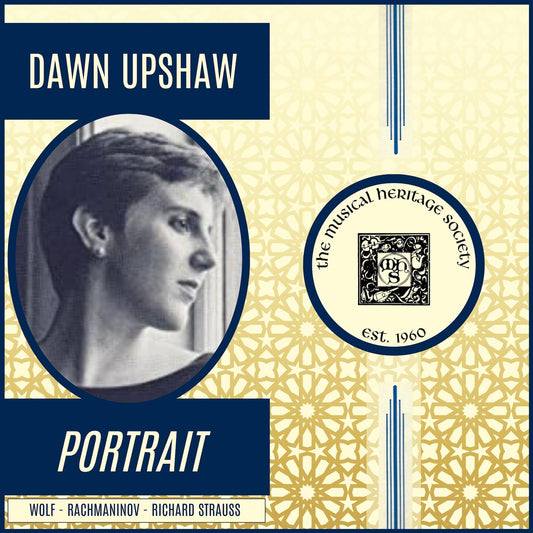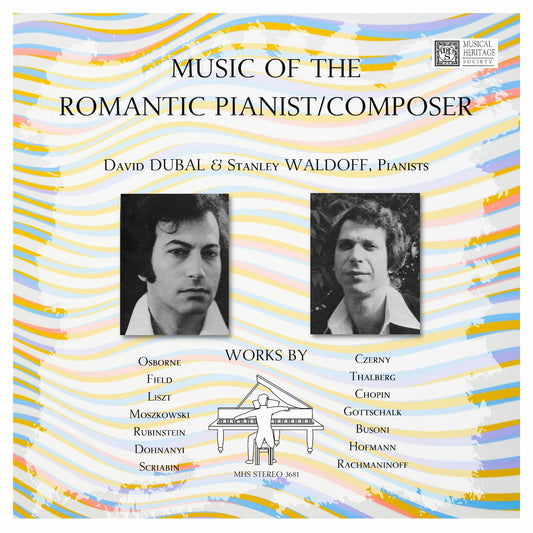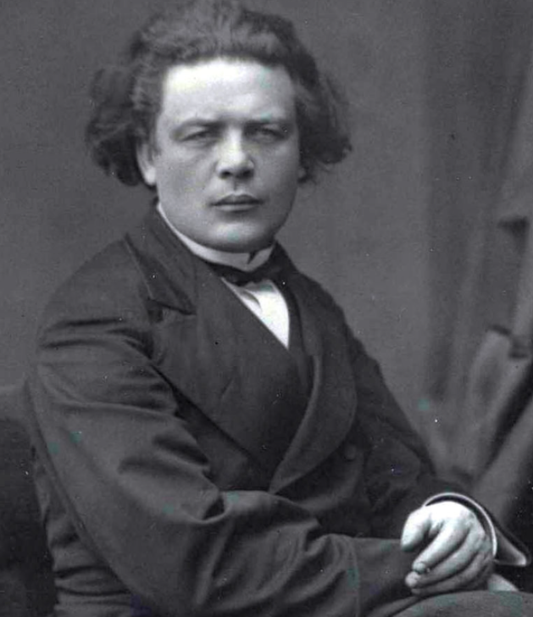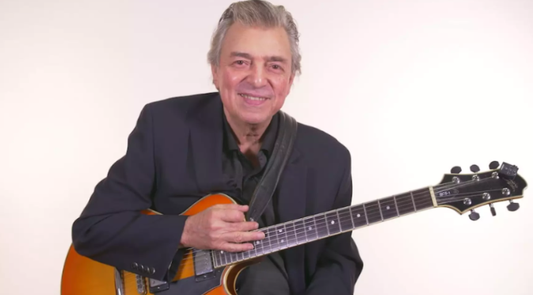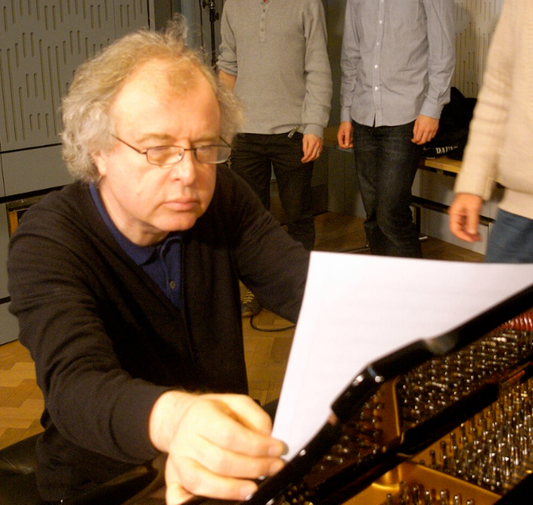Collection: SERGEI RACHMANINOFF (1873-1943)
Sergei Vasilyevich Rachmaninoff (1873-1943) stands as one of the final, towering figures of the Romantic era in classical music. Renowned as a composer, virtuoso pianist, and conductor, his work is characterized by its sweeping melodies, rich harmonies, formidable technical demands, and a pervasive sense of profound melancholy and Russian soul.
Born into an aristocratic, though financially declining, family in Novgorod province, Russia, Rachmaninoff displayed exceptional musical talent early on. He studied at the St. Petersburg Conservatory before transferring to the prestigious Moscow Conservatory. There, under the tutelage of figures like Alexander Siloti (his cousin and a former student of Liszt) and Anton Arensky, he flourished, graduating with the Great Gold Medal in 1892, having already composed his popular Prelude in C-sharp minor and the successful one-act opera Aleko.
His early compositional career, however, faced a devastating setback. The 1897 premiere of his Symphony No. 1, poorly conducted by Alexander Glazunov, was a critical disaster. The harsh reviews plunged Rachmaninoff into a deep depression and creative block that lasted nearly three years. It was only through hypnotherapy sessions with Dr. Nikolai Dahl that his confidence was restored, famously leading to the creation of one of his most beloved works, the Piano Concerto No. 2 (1900-1901). Dedicated to Dr. Dahl, its triumphant success re-established Rachmaninoff's reputation and ushered in a period of intense creativity.
During these pre-revolutionary years in Russia, Rachmaninoff solidified his "triple threat" status. As a composer, he produced masterpieces like the Piano Concerto No. 3 (renowned for its technical difficulty), the Symphony No. 2, the choral symphony The Bells, numerous Preludes and Études-Tableaux for piano, and the haunting tone poem Isle of the Dead. As a pianist, his legendary large hands, impeccable technique, and deeply expressive interpretations made him a sought-after performer. He also held significant conducting posts, including at the Bolshoi Theatre.
The Bolshevik Revolution of 1917 irrevocably changed Rachmaninoff's life. Losing his estate and fearing for his family's safety, he left Russia, initially for Scandinavia, eventually settling in the United States in 1918, though he later spent much time in Switzerland. Exile profoundly impacted him; he missed Russia deeply, and this sense of loss and nostalgia permeated his later works and personality.
In the West, the demands of supporting his family forced Rachmaninoff to focus primarily on his highly lucrative career as a concert pianist. His compositional output slowed considerably. Nevertheless, the works from this period are significant, including the Piano Concerto No. 4 (initially less successful but later revised), the brilliant and enduringly popular Rhapsody on a Theme of Paganini for piano and orchestra, the Symphony No. 3, and his final major composition, the Symphonic Dances. These later works often display a leaner texture and harmonic acerbity compared to his earlier output, yet retain his characteristic melodic gift and emotional depth.
Rachmaninoff's musical style remained firmly rooted in late-Romanticism, largely uninfluenced by the modernist trends of Stravinsky or Schoenberg. His music features long, arching, intensely lyrical melodies, dense and complex harmonies often tinged with chromaticism, powerful rhythmic drive, and an orchestral or pianistic sonority of immense richness and power. Influences of Russian Orthodox chant and folk music are subtly woven into his musical fabric.
Despite contemporary critics sometimes dismissing his music as anachronistic, Rachmaninoff's work resonated powerfully with audiences and has maintained an unwavering place in the concert repertoire. He died in Beverly Hills, California, in 1943, just before his 70th birthday. As perhaps the last great exponent of Russian Romanticism and one of history's most formidable pianists, Sergei Rachmaninoff left an indelible legacy of passionate, masterfully crafted, and deeply moving music that continues to captivate listeners worldwide.

